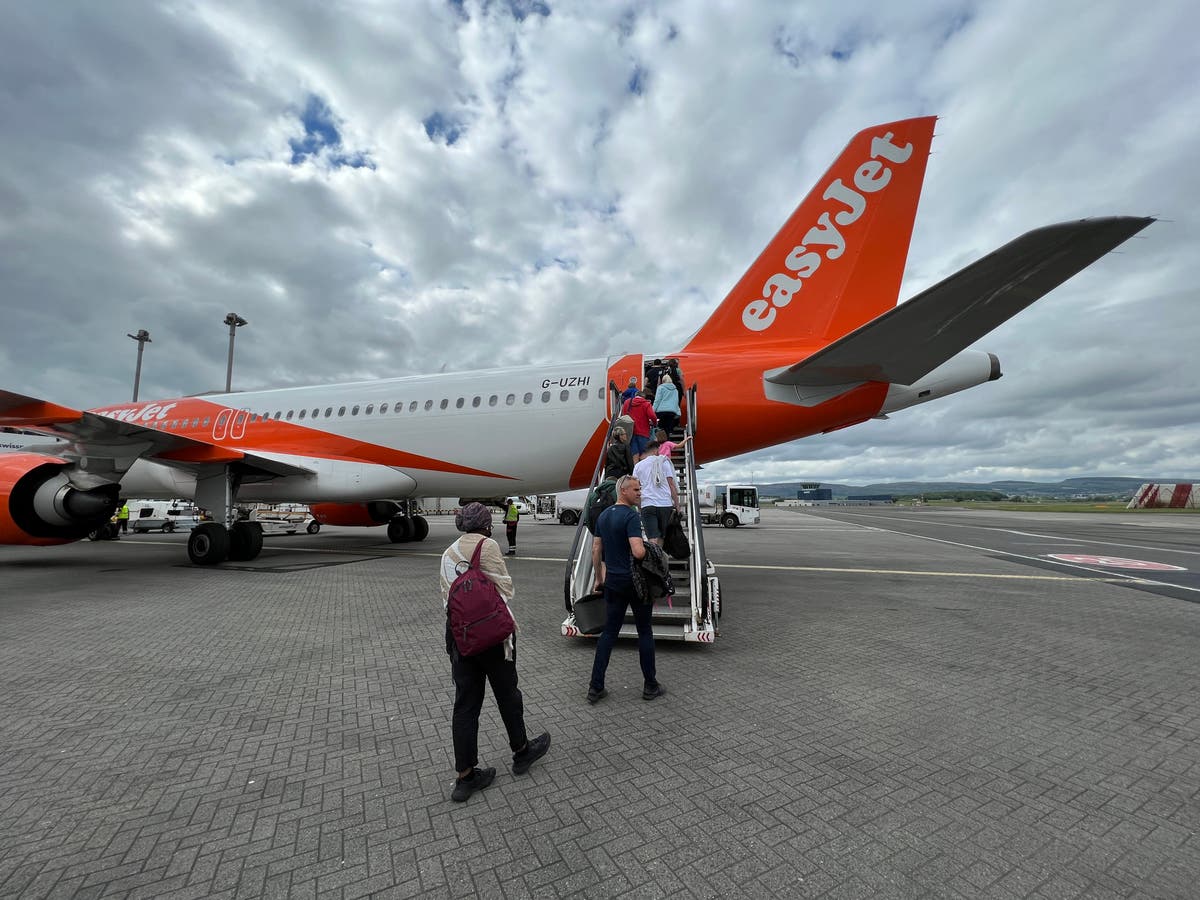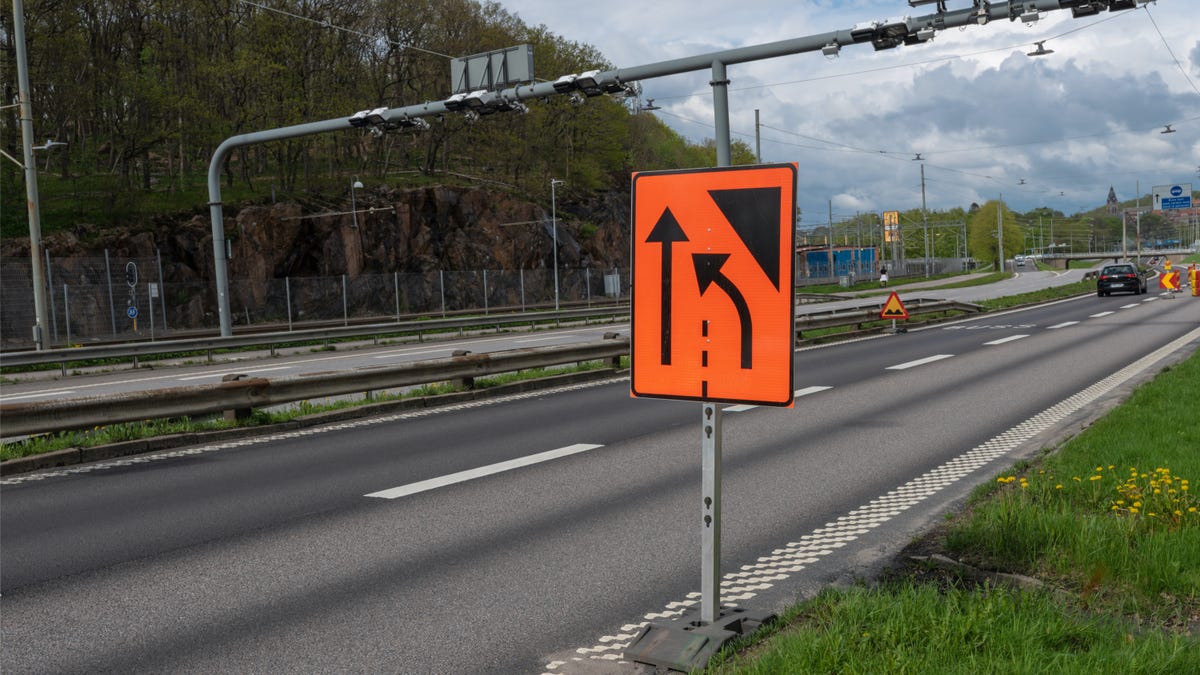Trains, boats and planes: travellers face a summer of discontent
The Man Who Pays His Way: Time for a grown-up conversation about how best to get our creaking transport system through the summer.

It’s been a while since I hitchhiked to a gig. But last Sunday evening, as the minutes ticked away before the Pet Shop Boys walked on stage at London’s O2, I found myself in the unforeseen position of thumbing south through leafy Hertfordshire. Hitching against the clock is never comfortable – especially in a desperate quest to reach a twice-postponed, much-anticipated performance.
My day had begun on the beautifully corrugated east coast of the isle of Arran. On waking, I looked from the window of my attic room out across the Firth of Clyde to the Scottish mainland and the towering silhouette of Holy Island. But then Sunday rapidly degenerated into an unholy scramble which felt more like an anxiety dream than a great adventure.
The plan was to sail from the port of Brodick just before 2pm, connect to the boat train at Ardrossan Harbour and reach Glasgow airport a good half-hour before the 4.25pm flight to Stansted. Tight, but feasible. And selfish, I hasten to add: flying 335 miles within Great Britain is environmentally reckless. But with apologies to my flight-free colleague Helen Coffey, the easyJet ticket cost one-third of the rail fare – and was much faster, at least in theory.
Fail 1: As soon as I checked the ScotRail timetable, I knew that my schedule for the morning was shredded. On Saturday night, the boat train connection was looking solid: it would take me to Paisley Gilmour Street, a brisk 20-minute walk from Glasgow airport.
But overnight ScotRail culled hundreds of trains for Sunday. A chronic shortage of train drivers, and the decision by many of them not to work overtime, is shredding Scottish rail schedules. In order to catch one of the few services from Ardrossan, I needed to leave Arran early. Very early.
Fail 2: The Ferguson ferry fiasco – a Scottish shambles to mirror the botched Crossrail project in London. Two ships ordered eight years ago are still not ready and way over budget, which means the ageing Caledonian MacBrayne fleet is overstretched. Normally ships shuttle every eighty minutes or so on the inspiring one-hour journey between Ayrshire and Arran. The ferry firm serving western Scotland has ship shortage. Two vessels that normally serve the Outer Hebrides were out for repairs: MV Lord of the Isles and MV Hebrides. One of the Arran ships was sent out to fill some of the gaps in the timetable, meaning I had to sail from the island three hours before my intended departure.
Fail 3: Compared with the extreme disruption that easyJet has caused for many of its passengers this week, a half-hour delay for the Glasgow-Stansted flight was insignificant. Except when combined with …
Fail 4: The Stansted Express train to central London was suspended due to repair work on the line. My bad, as they say, for neglecting to check in advance – or book a National Express coach instead. By the time I arrived at the airport’s bus station, all the tickets for departures to the capital for hours ahead had gone. By now there were just 100 minutes before the Pet Shop Boys were due on stage, and the Rail Replacement Bus operation looked unconvincing and overcrowded. So I hopped on the only bus with spare seats – a local service to Braintree – and, when it turned east, I hopped off to thumb south.
Luke took me to Sawbridgeworth, and Debs obliged from there to Epping station – the terminus of the Central Line of the London Underground. At 8.10pm I took my seat in the vast arena, and at 8.12pm the performance began. “Look at my hopes, look at my dreams …”
Two days later, the hopes and dreams of the Crossrail planners came partially true, when at last the late and ferociously expensive central London tunnel opened to real passengers – conveniently rebranded as the Elizabeth line.
But since then it has been all downhill. Disgruntled members of the RMT union voted 89:11 in favour of what could be “the biggest rail strike in modern history” over jobs, pay and conditions.
At Gatwick airport, the easyJet operation has been unravelling all week, culminating in 240 pre-emptive cancellations between now and 6 June – dashing the hopes and dreams of upwards of 36,000 half-term holidaymakers. By Saturday, Tui – Britain’s biggest holiday company – was in disarray, too.
Travel is overstretched and travellers are overstressed. It’s time for a grown-up conversation about how best to get our creaking transport system through the summer. That could involve capping capacity, which would cut choice and raise prices. But the alternatives may be even worse.

 Koichiko
Koichiko 
































